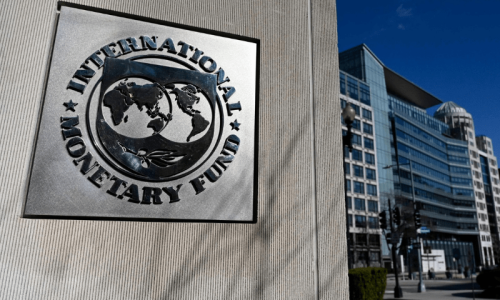Maybe we should take Donald Trump seriously and literally when he says he’ll start a trade war with China.
That, after all, is what slapping a tariff on Chinese imports would mean. Just ask Beijing. They’ve already started to think about how they would retaliate if he does do it. Not that markets have noticed. They’re blissfully unaware on the way to Dow 20,000, and what they hope is Trump’s tax cut nirvana. Indeed, they seem to believe that Trump’s tough line on China was either just a campaign ploy to help him in the Rust Belt, or else a proposal that has no chance of being passed by a Republican Congress.
This is naïve. First off, trade is one of only two issues Trump really seems to care about, and has had a consistent position on. (The other is his open admiration for authoritarian leaders, which dates back to his 1990 praise for the Tiananmen Square massacre - yes, the massacre itself). He’s always thought that other countries were taking advantage of us, whether that was Japan in 1988, or Mexico in 1998, or China in 2008, and that the only way to stop this was to rip up our allegedly lopsided trade deals and start threatening to put tariffs up unless we got better ones. He talked about it a lot during the campaign. He means it.
If this wasn’t clear before, it should be now that Trump has tapped economist Peter Navarro to lead the newly created National Trade Council. Navarro has had a long and not-so-varied career of worrying about trade and war with China in books like, well, “Death By China,” “The Coming China Wars,” and “Crouching Tiger: What China’s Militarism Means for the Rest of the World.” Indeed, he co-authored a white paper for the Trump campaign arguing that - this might sound familiar - we should use tariffs as a “negotiating tool” to force other countries, as he’s said before, to stop using export subsidies, stop manipulating their currencies down, stop stealing our intellectual property, and stop using cost-competitive but pollution-heavy factories.
The irony is there was actually a pretty good case for doing something like this when Navarro proposed it six years ago, but not anymore. That’s because China is already doing the things a tariff would supposedly make it do. It has eliminated its export subsidies, spent a trillion dollars propping its currency up instead of pushing it down, and is taking real steps to make its air breathable again.
But that doesn’t seem to matter much to Trump. He views everything, even a voluntary exchange like trade, as a deal where there’s a winner and a loser. In this case, the country that sells more than it buys abroad is the victor, and the other is the vanquished. Trump, then, thinks that a trade deficit itself, more than, say, an undervalued currency, is proof enough that something must be done. And he doesn’t need Congress to help him do it, either.
Bloomberg-The Washington Post Service
Published in Dawn, December 25th, 2016















































Dear visitor, the comments section is undergoing an overhaul and will return soon.